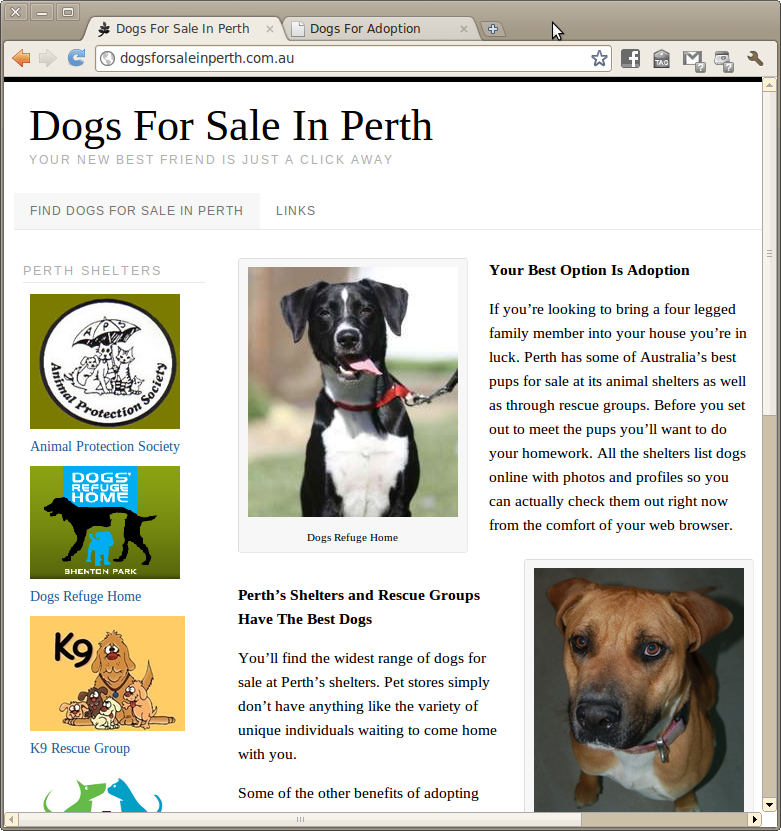Pets Paradise stores in Victoria found themselves with a bit of a problem last Christmas. Head office required them to hold a “Giving Tree” promotion where they encouraged customers to buy items (at full price of course) to be donated to homeless dogs and cats. What they didn’t count on was Victorian shelters and rescue refusing to be associated with the pet store chain because of their perceived association with puppy factories.
The RSPCA has received numerous communications from the community that some Pets Paradise stores are fundraising on our behalf this festive season. We would like to alert the public that we have not received any donations from any Pets Paradise store, and have actively contacted Pets Paradise head office to alert its store managers that we wish for them to cease using our brand to secure donations from the public.
The RSPCA is in no way associated with Pets Paradise and will not be accepting any donations from pet shops.
This is where things get tricky. The following email from Pets Paradise Head Office was posted on SavingPets Blog today. Out of 19 Victorian stores, only 9 are listed and a few phone calls revealed that the recipients listed are not correct for five of these. We’re waiting to hear back from the rest.
From: (prh.net.au)
Subject: Christmas Gift Tree AppealPlease see attached for a list of charities that gratefully accepted donations from our Christmas Gift Tree Appeal last year.
Kind regards,
STORE – ORGANISATION
Roselands – Sydney Dog’s Home
Rouse Hill – Paws and Hooves
Parramatta – Animal Welfare League
Mt Druitt – Hawks Repound
Macarthur Square – Campbelltown Pound
Lakehaven – Hunter Animal Shelter
Blacktown – Blacktown Animal Holding Facility
Toombul – Peninsula Animal Aid in Redcliff
Redbank – Peninsula Animal Aid
Mt Ommaney – Animal Welfare League in Ipswich
Browns Plains – QLD Animal Welfare League
Parkmore – Pets and Paws On phoning the store we were told “Paws to Help”
Southland – Guide Dogs On phoning the store we were told Village Vet & Cat Protection Society
Rosebud – Hastings Pound
Knox City – Pets and Paws On phoning the store we were told Guide Dogs
Corio – Pets and Paws Who are “Pets and Paws”? Has anyone heard of them?
Tea Tree Plaza – Geelong Animal Welfare
Myer Centre – Guide Dogs S.A
Marion – Guide Dogs S.A
Bondi Boutique – Blind Dogs S.A
Bondi Junction – Sydney Animal Shelter
Penrith – Sydney Animal Shelter
Hornsby – Renbury Farm Animal Shelter
Hurstville – Sydney Animal Shelter
Strathpine – Animal Welfare League
Helensvale – Animal Welfare League
Carindale – Animal Welfare League
Karingal – RSPCA Peninsula animal aid in pearcedale RSPCA Vic made clear pet stores are not to collect on their behalf
Greensborough – Cat Protection Society in Greensborough
Epping – RSPCA RSPCA Vic made clear pet stores are not to collect on their behalf
Inglefarm – RSPCA
Colonnades – Guide Dogs S.A
Rockingham – Rockingham Dog Pound
Midland Gate – S.A.F.E saving animals from Euthanasia






